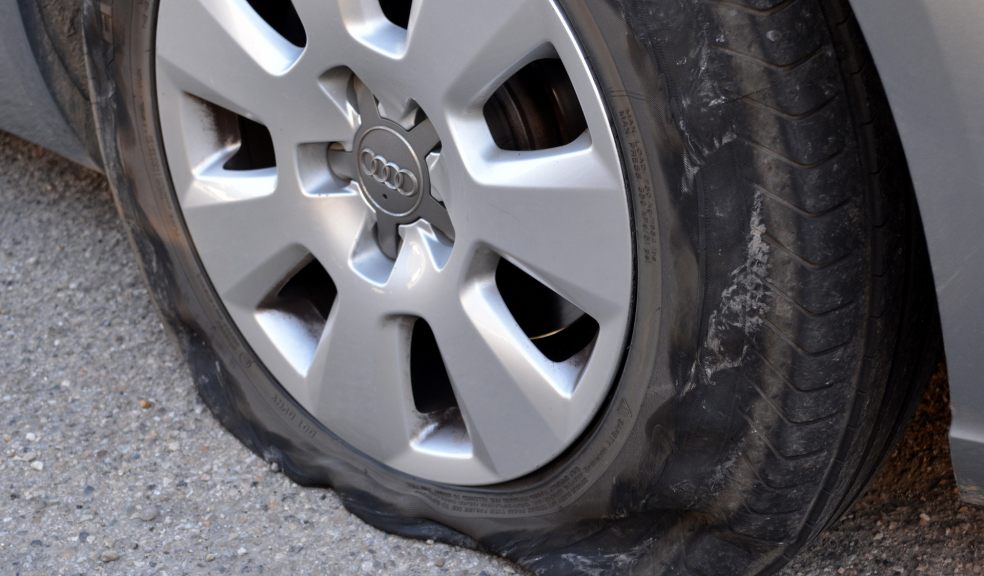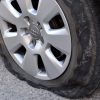
5 common breakdown causes and how to avoid them
Whether you’re the driver or the owner of a fleet, breakdowns are always unwanted and an unpredictable expense. This is why it’s important to regularly service your vehicle and keep it clean. However, you can spot some car concerns before they turn into problems and cause breakdowns. Here are five of the most common breakdown issues and how to avoid them.
Tyre problems
One of the main causes of vehicle breakdowns are tyre problems. Potholes, debris, under-inflation and tread condition can all put a stop to your journey. Before you or your fleet hit the road, make sure you’ve got a spare tyre in the vehicle - spare tyres aren’t included in all new vehicles so invest in one to be safe. If caught without one, it could take even longer for you to get back up and running. When you’re about to go on a long journey, it’s best to do several checks to your tyres to make sure they’re in good condition. The tread condition needs to meet the legal requirement of 1.6mm across the central three-quarters, or use the ridge of a 20p. Also, make sure the pressure is to an appropriate level when you fill your car up with fuel.
Flat battery
A flat or faulty battery is caused when there’s a lack of energy turning the cogs in the engine, which will bring the vehicle to a grinding halt. You’ll find that when there’s a problem with the battery, the red battery indicator light may flicker, or take a noticeable amount of time for it to turn off. There’s not much you can do to prevent this from happening other than keeping it clean, parking in shaded spots during the warmer months and avoiding driving short distances with lots of stops and starts.
Fuel issues
Surprisingly, no matter how long you’ve been driving for, there’s still the chance that you could put the wrong fuel into your car - it’s a very common mistake to make. As soon as you turn the key, the problem escalates to the engine, which means, depending on if it uses petrol or diesel, you won’t get very far. This is why it’s best to not turn your engine on as it can cause serious damage to your vehicle. Putting diesel in a petrol car is less severe than mistaking petrol for diesel, but the car may still smoke and stop.
Alternator faults
Electrical problems can cause the vehicle’s alternator to stop working. Your dashboard may flash ALT or GEN to indicate there is a problem. You may also notice your headlights are dim or flickering. The electric windows and even the air conditioning may fail along with the car radio. If the alternator has a fault, the battery will usually die as it has no spark to recharge it. When you get the battery replaced, do make sure you get the alternator checked to ensure the problem doesn't happen again.
Lost keys
Sometimes it’s the simple things that can cause the most problems. You obviously won't be able to go anywhere without being able to start the vehicle. Most modern car keys will have built in microchip technology to deter theft. This is why it’s best to have spare keys kept in a safe place in the office.



















